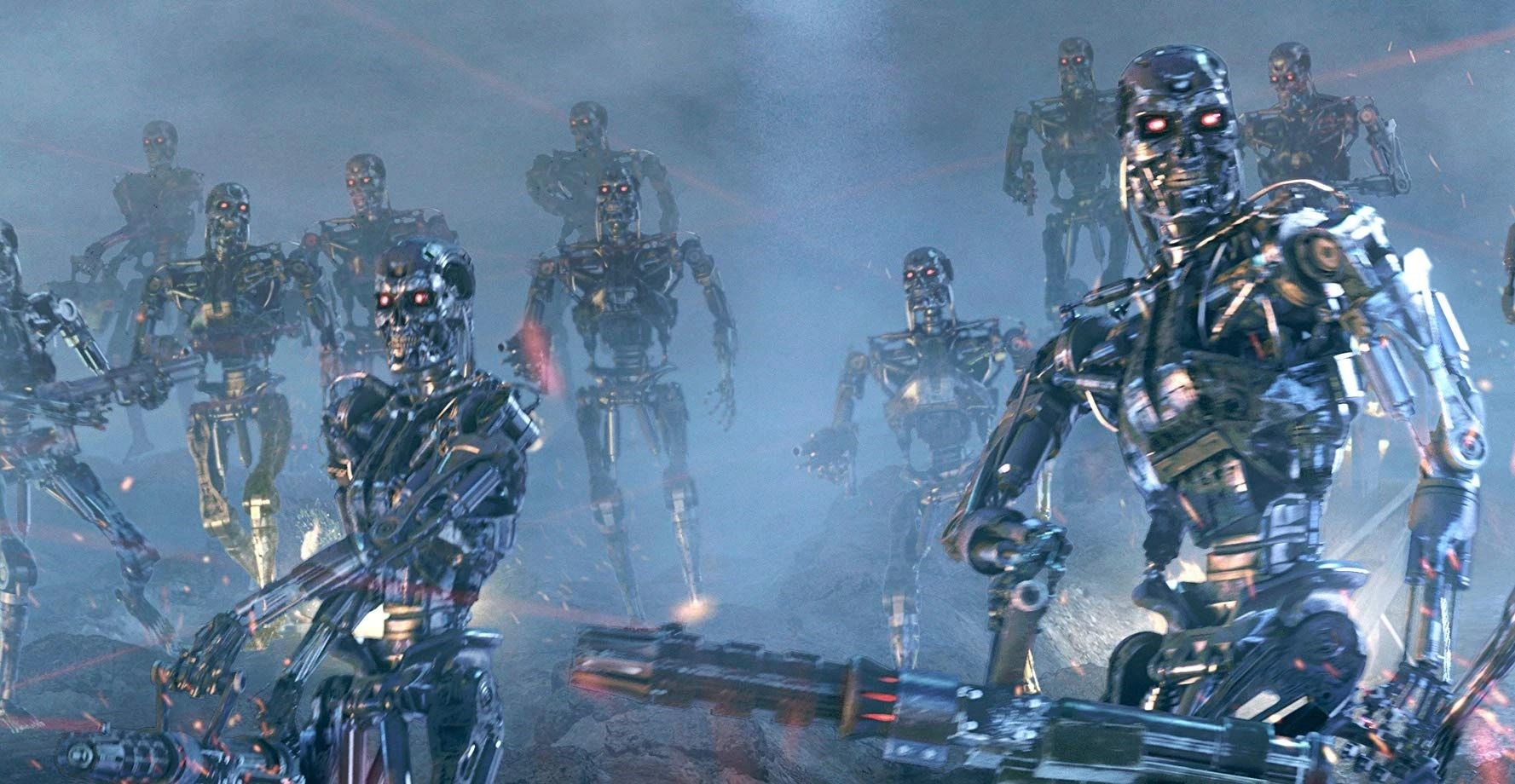See Full Size
in 1863 Butler, who sent a letter to The Press magazine published in New Zealand, published on June 13, 1863, referred to the evolutionary development of life on Earth and warned people that the next stage of this evolution could be machines. Butler’s “Darwin in the world of machinesHis letter titled “Darwin among the Machines”, which can be translated into Turkish as “, shed light on today’s fears almost 162 years ago It is an extremely valuable text.
“As the ages progress, we will find ourselves an inferior species.”
Nowadays, when the rise of artificial intelligence has gone beyond a possibility and turned into a reality, Butler’s letter has gained different meanings. From the Institute for Artificial Intelligence Policies and Strategies Peter WildefordBelow you can find the Turkish translation of the prominent paragraphs in this text, which was brought to the agenda again after ‘s sharing on social media:
“The question we ask is this: What kind of being can replace humanity in the sovereignty of the earth? We have often heard this discussed, but today it seems that we are creating our own successors; each day we add to the beauty and sophistication of their physical structures. Each day we give them more power and We are supplying them with all sorts of ingenious inventions of self-regulating, self-moving power, which will be to them what reason is to the human race, and as the ages progress we shall find ourselves an inferior species.
However, machines are gaining superiority over us day by day; We become more dependent on them day by day. The number of people who look after them like slaves is increasing day by day. More and more people are devoting all their energies to the development of mechanical life. It’s only a matter of time before the consequences emerge; However, the fact that the time will come when machines will gain real domination over the world and its inhabitants is something that no one with a philosophical mind can question even for a moment.
(…)
War to the death must be declared against them immediately. All machines must be destroyed by those who wish the good of their kind. No exceptions should be allowed, no flexibility should be shown; Let us return as soon as possible to the primitive conditions of our species.”
Although the last part of this letter in particular opens the door to the perception of Samuel Butler as an anti-development reactionary, Butler’s vision for the future shows that he is much more than a bigoted farmer. Although it is a common approach today to consider thinking machines as the next step in the evolutionary process, this was a truly revolutionary approach in 1863, when Samuel Butler wrote this letter. After all, we are talking about a period when the Civil War was still ongoing in the USA and Sultan Abdulaziz was sitting on the Ottoman throne. The most advanced machine at that time was designed by Charles Babbage with the help of Ada Lovelace. developed It was the Analytical Engine. Therefore, we must recognize that Butler was a remarkable intellectual who could see far beyond his time.
Samuel Butler later continued to deal with these topics and wrote his writings on this subject in his book published in 1872. Erewhon He compiled it in his book. Erewhon, which presents a vision of a society in which machines are destroyed, is considered one of the first literary works to address the subject of artificial intelligence.
This debate, which Butler started in 1863, still continues today. Like Butler, there are many who believe that artificial intelligence will replace humans as the dominant power in the world. However, since the issue of artificial intelligence has now turned into an arms race between the USA and China (and of course between giant companies in the USA), these concerns have already been put in the background.
This news our mobile application Download using
You can read it whenever you want (even offline):



